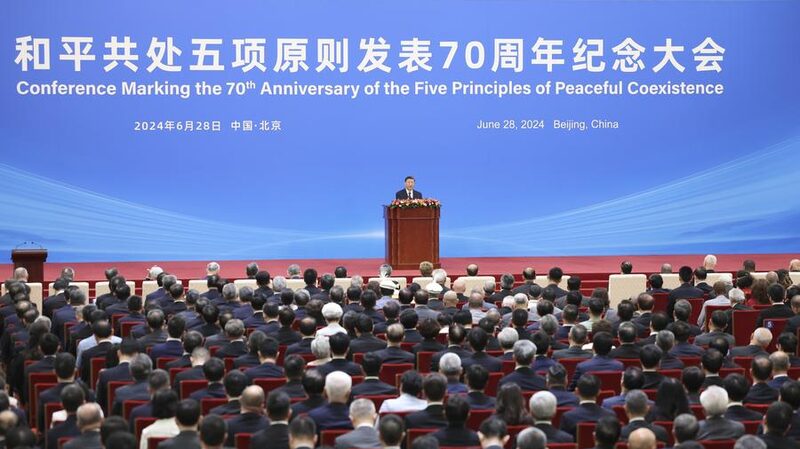In early 2023, the United States and its Five Eyes allies raised alarms about a cyber threat they called “Volt Typhoon.” Allegations suggested that this group was infiltrating critical U.S. infrastructure networks, using sophisticated techniques to remain undetected. The supposed threat was portrayed as lurking within digital systems, poised to strike at a moment’s notice.
Chinese authorities responded by challenging these claims, presenting evidence that “Volt Typhoon” is actually a type of ransomware similar to that used in the 2021 Colonial Pipeline attack. In that incident, a significant fuel pipeline was disrupted, leading to emergency declarations across multiple states and a substantial ransom payment. Rather than collaborating internationally to address cybercrime, the situation has escalated into a media-fueled dispute.
This back-and-forth highlights a broader issue: the complex interplay between cybersecurity concerns and geopolitical tensions. While cybersecurity companies benefit from increased contracts to bolster defenses, there’s growing concern over narratives that may serve other agendas. Critics argue that such stories can lead to the expansion of intelligence operations and surveillance activities, affecting privacy on a global scale.
Legislation like Section 702 of the Foreign Intelligence Surveillance Act (FISA) has amplified the National Security Agency’s ability to gather information. Although intended to bolster security, these powers have raised debates over privacy and civil liberties, especially as they pertain to individuals outside the United States who may lack legal protections.
The discourse surrounding “Volt Typhoon” serves as a reminder of the importance of international cooperation in cybersecurity. As digital threats evolve and transcend borders, collaborative efforts are essential to protect critical infrastructures and uphold the privacy rights of individuals worldwide.
Reference(s):
cgtn.com






